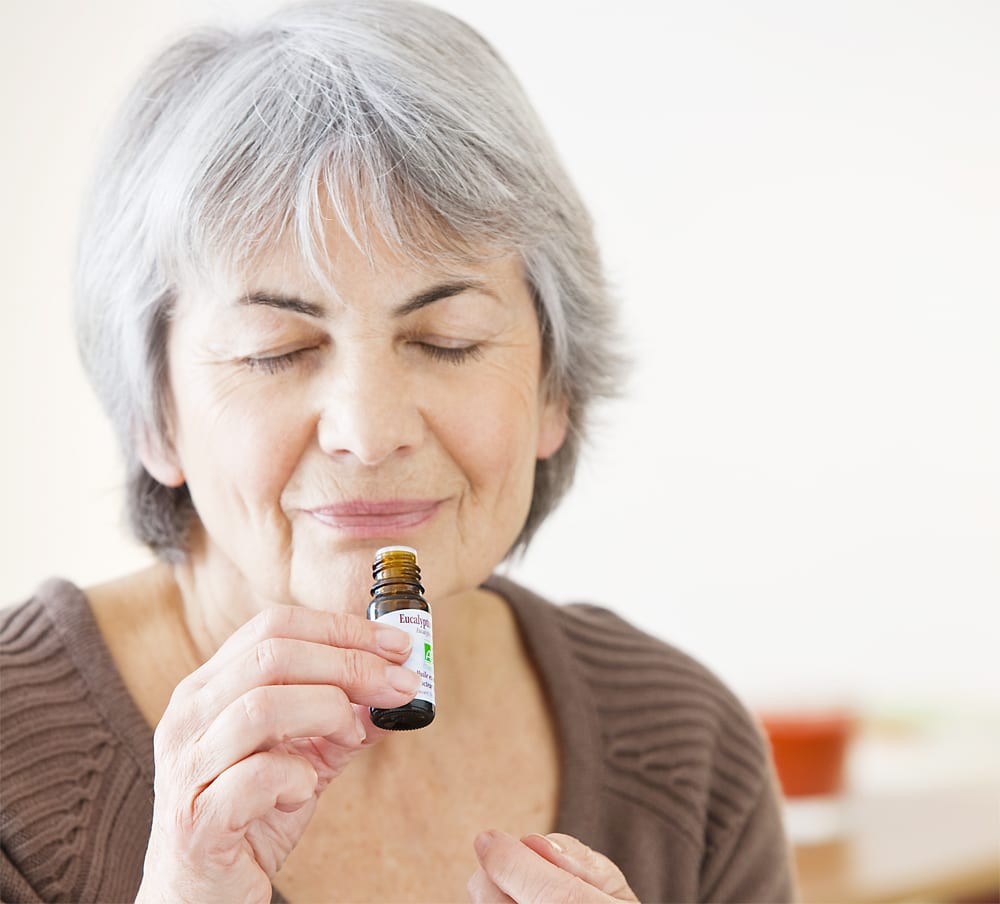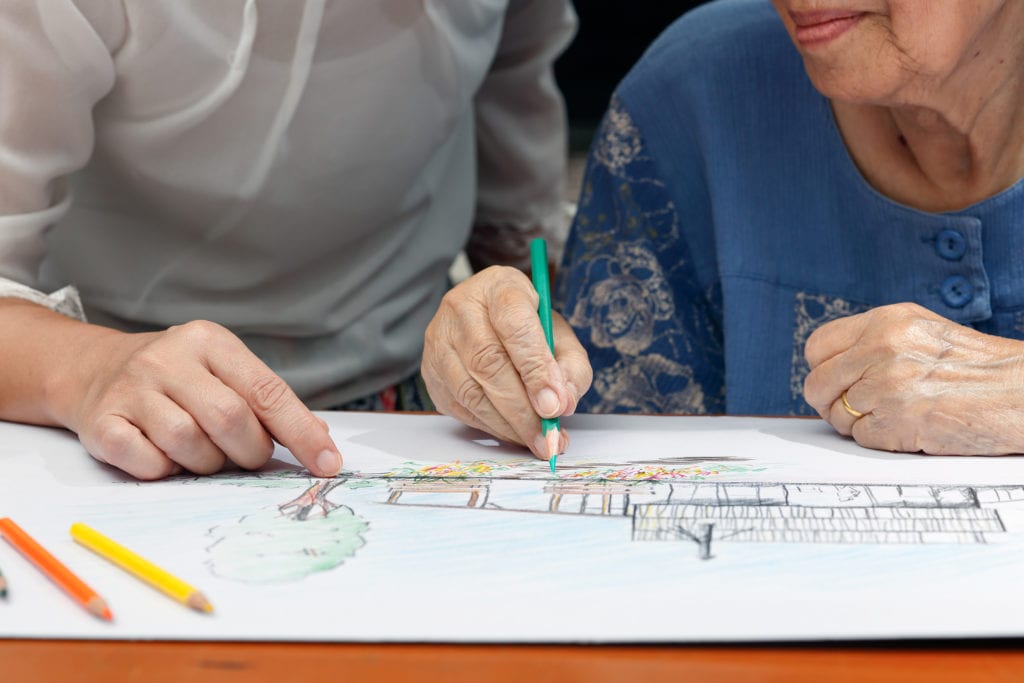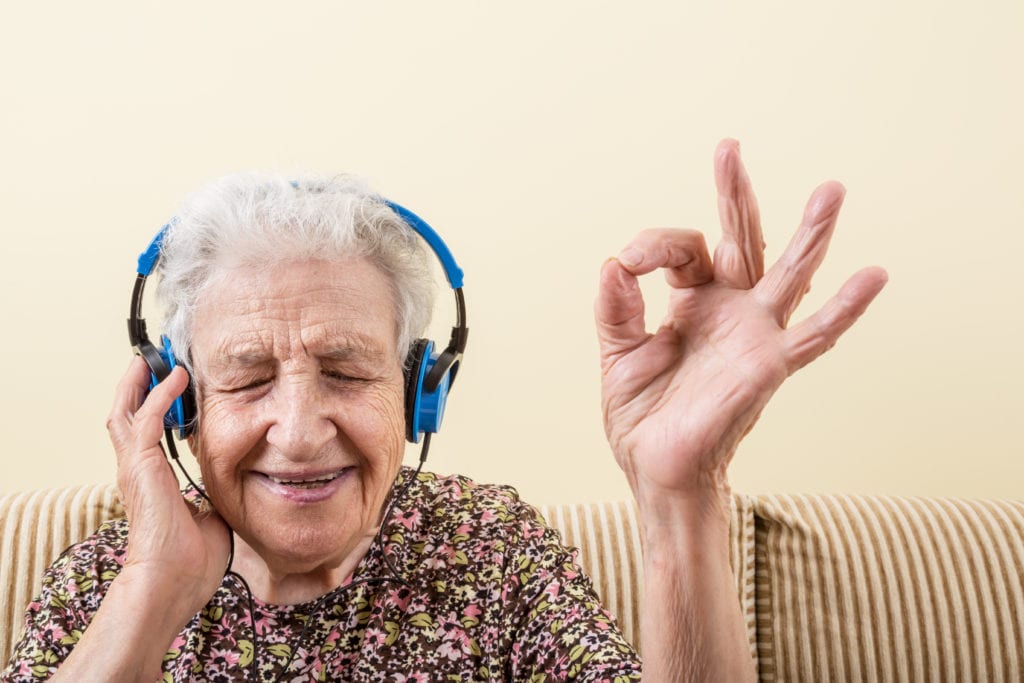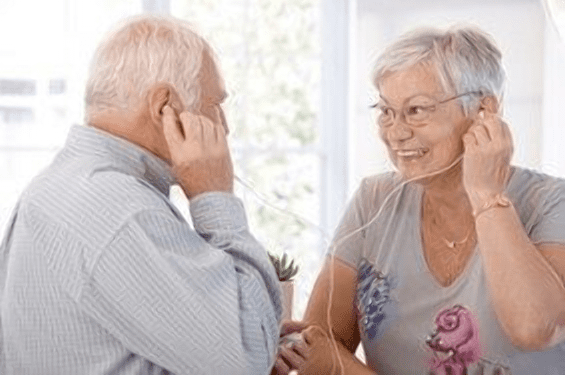Harold, a long-time resident of a Texas senior living community, struggled with severe anxiety and depression. In an effort to help stabilize Harold’s mood swings, his care team introduced him to aromatherapy. This complementary therapy approach uses essential oils from plants to address health challenges and support overall wellness.
Each of us has a unique identity and life story. Seniors, in particular, have lived many life chapters – and typically welcome the opportunity to reminisce and share life learnings. A resource from Lifetime Wellness helps senior living providers get to know their residents’ life stories and build a person-centered care plan that can help make life more familiar and comfortable.
Lillian, formerly an opera singer and today a resident living with Alzheimer’s Disease and Related Dementias, likes to sing loudly. It’s her way of communicating. But it can be disruptive. To help her focus on other activities that feel familiar, staff in the community where she lives put together a “life engagement kit.”
Read More
For the 5.7 million Americans living with Alzheimer’s disease and related dementias (ADRD) – and their families – days can be filled with feelings of angst and isolation. We’re working to lessen those feelings and provide a non-pharma approach to memory care.
A groundbreaking program called Music & Memory™ has brought life-changing hope to people who suffer from ADRD, helping to trigger memories, build bridges, and improve quality of life. Launched in 2006 by Dan Cohen, the program took the spotlight with the 2014 documentary, “Alive Inside: A Story of Music & Memory,” and was recently endorsed by legendary singer-songwriter Carole King. With the therapeutic effects of personalized music, many people living with ADRD become more aware, animated, and “alive inside.”
Senior loneliness is not only a pressing social issue, it’s also a major health risk. A groundbreaking study links social isolation with a higher risk of death in adults aged 52 and older.It’s been found to be as physically harmful as smoking 15 cigarettes a day and contributes to cognitive decline, including the progression of Alzheimer’s disease and related dementias (ADRD).
To fight the loneliness epidemic – experienced by more than 40 percent of seniors throughout the nation – innovators in senior care are taking new approaches. They’re helping residents to seek rewarding activities, make robust social connections, and find a renewed sense of purpose.
Today, more than five million Americans are living with Alzheimer’s disease and related dementias (ADRD). By 2050, this number is projected to nearly triple. In the wake of an ADRD epidemic, the need for specialized training and support for caregivers is critical to ensure highly proficient and sensitive direct care to this growing population.
In 2003, two innovators in dementia care, Sandra Stimson and Lynn Biot-Gordon, founded an organization devoted to promoting standards of excellence in ADRD education. Called the National Council of Certified Dementia Practitioners (NCCDP), this group offers a Certified Dementia Practitioner (CDP) program to professionals and other caregivers who provide services to ADRD clients.
It’s been called “The Long Goodbye.” Alzheimer’s disease and related dementias (ADRD) cause memory decline, cognitive impairment, and eventual loss of daily functioning. Today, 5.7 million Americans are living with the disease – with numbers projected to more than double by 2050.
Of those living with ADRD, 90 percent struggle with behavioral and psychological symptoms, from agitation and aggression to psychosis. These symptoms can be devastating for the person with ADRD and challenging for those who provide care – family members and health care staff alike.







